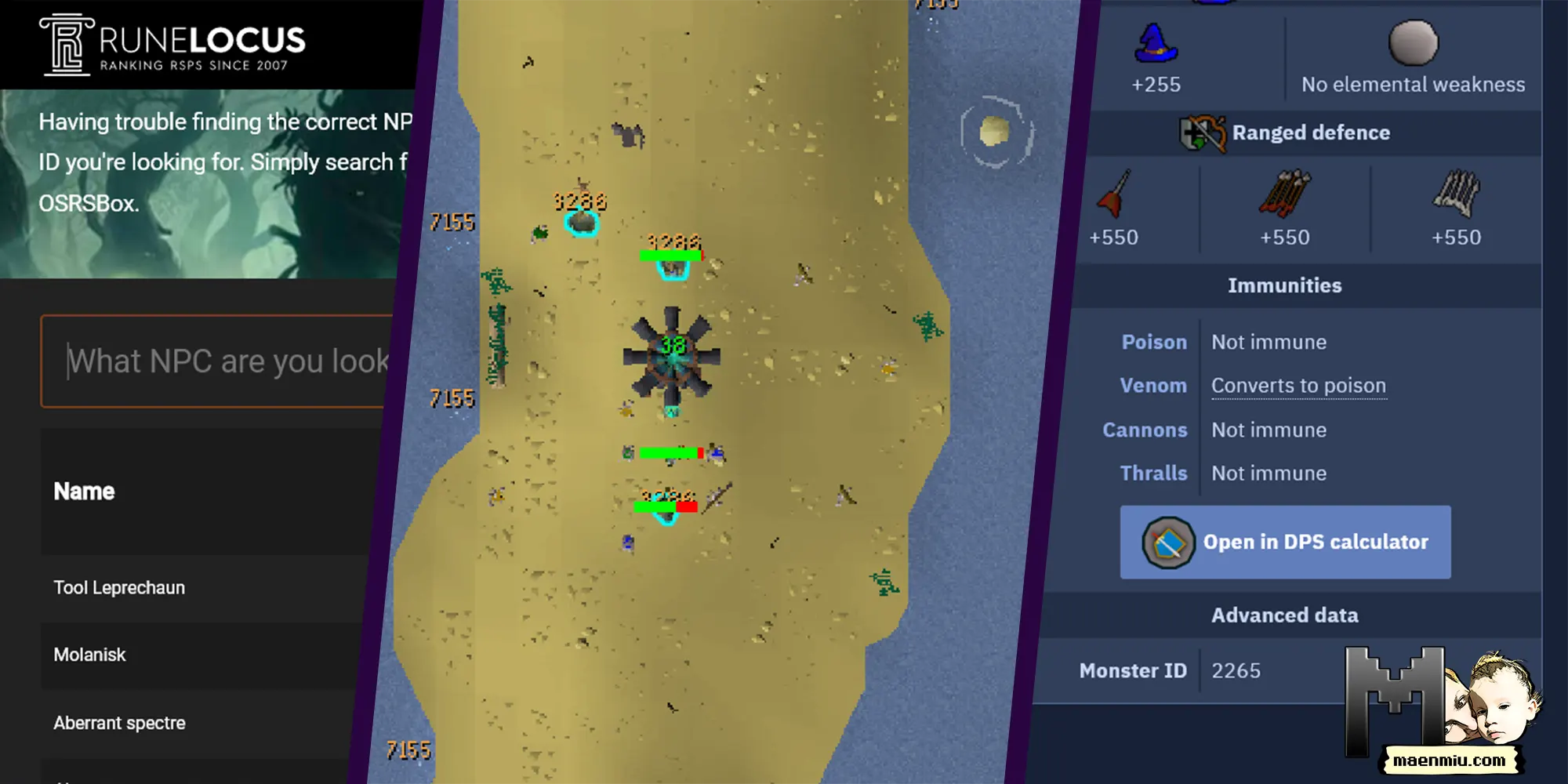
Transhumanism and the Qunari—two seemingly disparate concepts, one entrenched in modern philosophy and technology, the other in the rich lore of a fantasy world—overlap in ways that create fascinating dialogues around ethics, identity, and the future of our species. The Qunari, a race from the beloved fantasy game Dragon Age, provide an intriguing analog for the philosophical concept of transhumanism.
Transhumanism posits that human limitations can be transcended through science and technology. It promotes the use of advancements in genetic engineering, artificial intelligence, nanotechnology, and similar fields to enhance human physical and cognitive abilities, or even to achieve immortality. This drive towards physical and mental augmentation corresponds with the practices within the Qun, the belief system of the Qunari people.
The Qunari are a physically imposing, horned race that value societal order above all else. They structure their society according to the Qun, a complex philosophy-religion that prescribes a predetermined role for every individual. To meet these roles’ requirements, the Qunari do not shy away from physical alterations or intensive conditioning—processes reminiscent of transhumanist practices.
You might like

Embodiment of Transhumanism in the Qunari
The Qunari mages, known as Saarebas, are a prime example of this transhumanist parallel. Due to the Qunari belief that mages are dangerous and must be controlled, Saarebas undergo physical alterations. Their mouths are sewn shut to prevent them from uttering potentially harmful spells, and they are chained and controlled by a handler called an Arvaarad. Here, biological alteration is employed for the perceived greater good of society, a theme often found in transhumanist discussions.
Similarly, the Ben-Hassrath, the Qunari’s police and intelligence agency, undergo a form of conditioning akin to cognitive augmentation. They are subjected to intensive physical and psychological training that transforms them into highly effective operatives. This conditioning alters their minds, suppressing individual desires to prioritize the Qun’s societal needs—a cognitive modification akin to how transhumanism envisions enhancing human mental capacities.
Ethical Implications
Both transhumanism and the practices within the Qunari culture give rise to significant ethical questions, particularly concerning autonomy, identity, and consent. In the case of the Qunari, it’s clear that individual desires are often suppressed for societal needs, raising questions about personal freedom and autonomy. Similarly, transhumanist thought must grapple with how these enhancements could affect individual identity and the very essence of what it means to be human.
Further, the concept of consent becomes muddled when societal pressure to adapt or die—literal in the Qunari case and metaphorical for humans in a rapidly technologically advancing society—is at play. If societal survival necessitates modifications, are these truly choices, or are they survival mechanisms? This is a question that resonates both in the Dragon Age universe and in our real-world conversations about transhumanism.
Conclusion
The Qunari and their societal practices offer a fascinating study of transhumanist concepts within a fantastical setting. Their societal norms of physical and mental modification to fit predetermined roles mirror the potential uses of science and technology to transcend human limitations. The ethical questions that these practices raise—autonomy, identity, and consent—are ones that we must grapple with as our own society edges closer to the transhumanist future. Through the lens of the Qunari, we can examine these philosophical conundrums and explore the potential consequences and ethical challenges of a transhumanist society.
I created this article with the partial assistance of an AI tool. Learn about my view on AI and why I’m telling you about it.





















